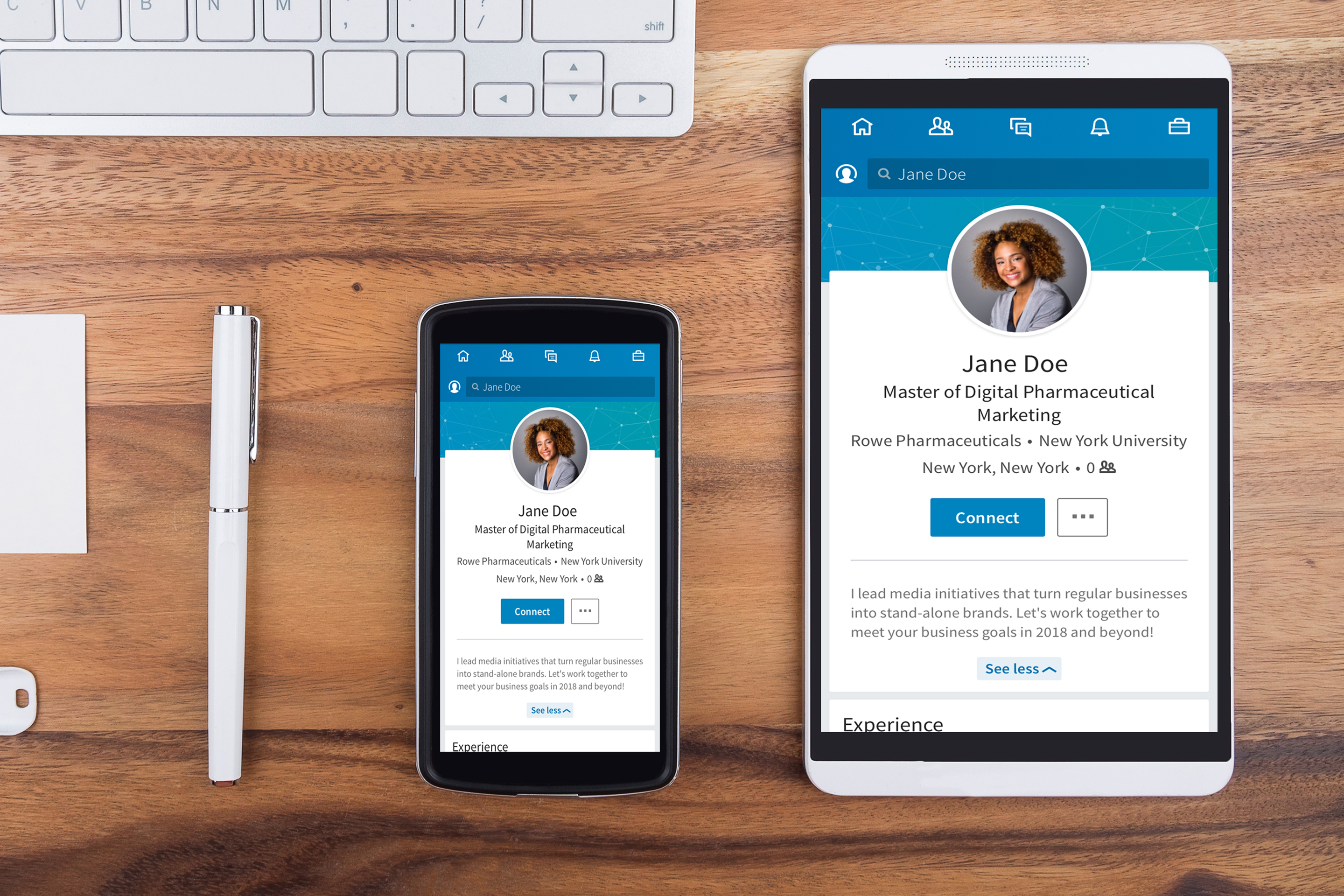A career change is a serious step that requires a lot of effort. And the more drastic the change, the more daunting it can be. However, with the right preparation (and determination), a career shift won’t just be a leap of faith. Here are seven tips from pokies online that will help you make a smooth career transition.
Don’t let doubts take over you
Most people are afraid of the unknown. And while making a career move, you’ll likely feel overwhelmed with doubts and anxiety. So, how about shifting your perspective? Consider a career move as a long-term project, taking many things into account, and creating a clear roadmap. Moreover, technology and the job market are developing so fast that changing careers has become commonplace. So, don’t waste your time panicking. Many people are in the same boat.
Network and search for mentors to get firsthand insights
When opting for a career shift, you’ll have a lot of items on your to-do list. You first want to figure out what has made you change careers. Then you’ll want to begin to search for your new career, narrowing down your search until you have two or three ideas for a future career. After that, network with people in these fields to get firsthand information about the occupations you have chosen. Ideally, you’ll search for mentors—people who might be able to give you a lot of help as you make a change. Attending informational interviews—conversations with specialists that help get insights into careers—is one way to search for mentors. Whomever you meet, let them know you’re going to be in the market soon. Finally, keep in mind that some companies prefer newbies over experienced candidates because the former is more flexible and easier to teach, courtesy of users of new casino online.
Sort out your career priorities
The magic of a well-paid-but-not-well-liked job won’t last long. If your new career path has little to do with your values or interests, you’ll sooner or later find yourself frustrated (again). So, if that’s what you felt at your previous job, beware of trading bad for the worse. Of course, don’t disregard the matter of compensation while evaluating other career options. But make sure to consider other important aspects such as work/life balance, recognition and praise, opportunities for growth and advancement, whether you will take pride in your work, etc.
Prepare a rainy-day fund
When switching careers, be ready to earn less at first. Even if your newly chosen field is more lucrative than your previous one, don’t expect too much initially. As soon as the idea of career change has crossed your mind, start saving up for a smooth transition. The fear of undermining financial stability is one of the key reasons why people never venture into something new. A financial cushion will help you focus on learning the necessary skills to make a change.
Identify your strengths and recognize weaknesses
Identifying your strengths is crucial for a successful career shift. First, make a list of skills and knowledge necessary for the new career you’ve chosen and think of how your professional experience meets its demands. Start with hard skills like what you’ve learned and mastered throughout your career life. Be honest with what you know and don’t know. If you’ve never been particularly good at math, don’t expect to understand the subtleties of data science or financial analysis in two months. Don’t think of it as a give-up sign—just consider approaches to learning these things effectively and fast.





